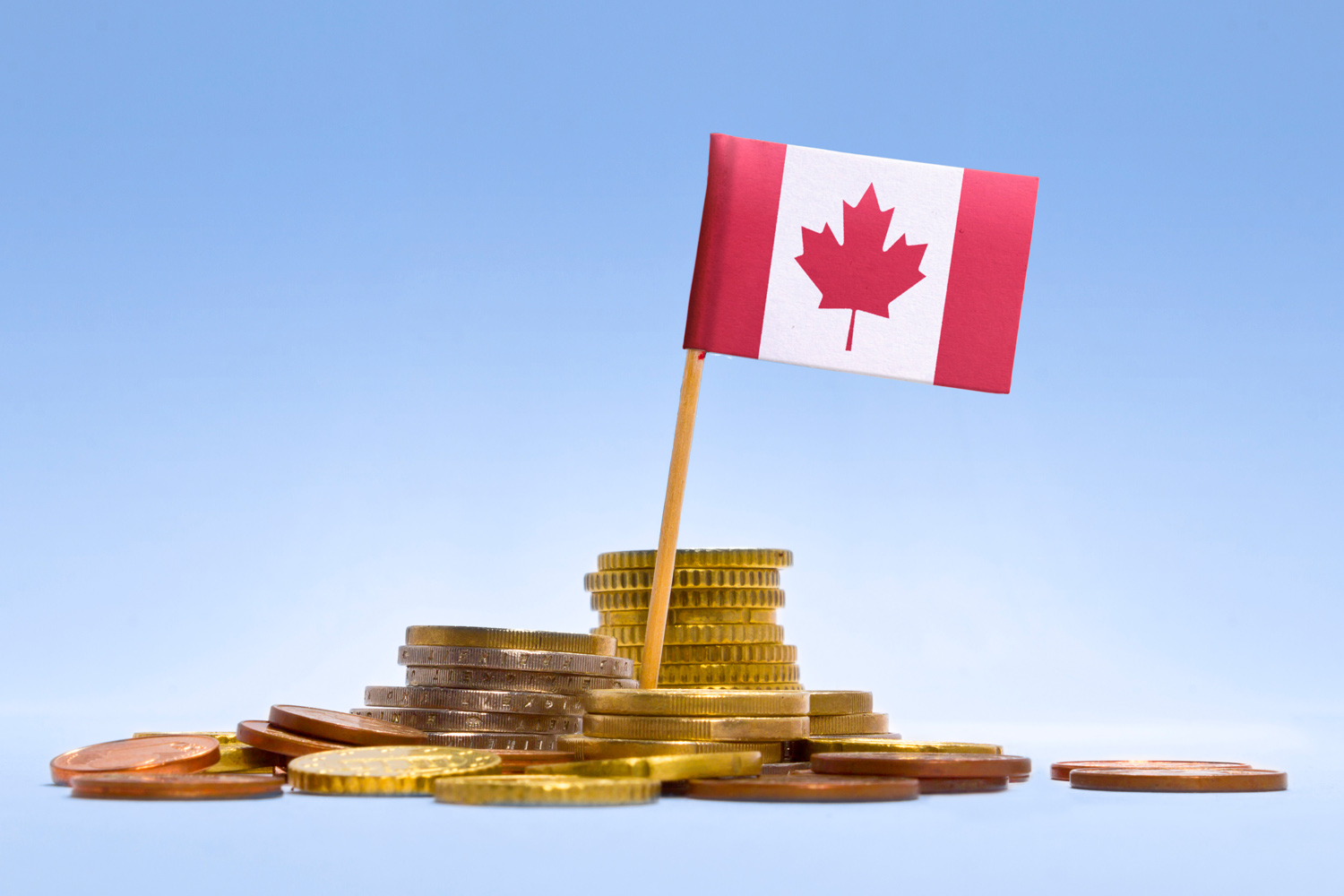The stock market has long been a way to make additional income, with some investors making significant gains on their investments. However, stocks tend to be volatile, especially in today’s economic climate.
Today, ETFs are a popular investment option among Canadians, but there is still a lack of awareness. We’ll be helping you navigate ETFs by telling you what they are, what the benefits are, and the different types of ETFs available in the market.
What Are ETFs?
Simply speaking, an ETF is a bundle of stocks or bonds, allowing investors to invest in an entire index rather than a single unit of a specific stock or bond. They are similar to mutual funds in this way but differ in that ETFs may be traded throughout the day on an exchange, among other differences.
Essentially, you have investing options in a grouping of stocks or bonds. Some ETFs may be grouped by exchange indexes, like the S&P 500 we mentioned above, or according to a niche or sector, for example, textiles or renewable energy.
The Different Types Of ETFs In Canada
While we’ll be discussing 4 main types of ETFs, you should know that this list is not exhaustive. You’ll find a long list of options even under the 4 categories we discuss today and then some more!
Equity ETFs
Equity ETFs track indexes of equities, or stocks, that are listed on the stock exchange. These can be limited to specific businesses, particular sectors, or even entire stock market indexes and even the entire stock markets of countries.
Equity ETFs offer low-risk access to equities in specific sectors rather than buying into a single company, which could end up being a big risk as you’re dependent on the specific company’s success.
However, low risk is not the same as risk-free, as it’s a very realistic possibility that an entire sector or industry could suffer adverse consequences. One glaring recent example of this is how the travel and tourism industry suffered during the COVID pandemic.
Investors suffered significant losses as the pandemic made it almost impossible to go anywhere, which ended up affecting tourism, airlines, hospitality, and many other sub-sectors of the travel and tourism industry.
Bonds or Fixed Income ETFs
These ETFs invest in an index of bonds. These could be Canadian bonds or even bonds from another country.
The investment exposure, especially to such a broad market on both the domestic and international levels, can be very beneficial for your portfolio.
Also, Bonds ETFs can be a great way for one to balance equity investments, and diversify your portfolio. A general rule of thumb to follow is that the more you invest in Equity ETFs, the higher your risk and growth potential, but the more you invest in Bonds ETFs, the lower your risk-reward potential.
The key is to find a balance and maintain it.
Commodities ETFs
As the name suggests, these ETFs cover commodities only. Commodities, unlike equity or bonds, are actual tangible goods that one can invest in, such as precious metals, oil, cotton, and crops.
Depending on the commodity, you might find a decent gain, especially over a longer period of time. For example, if you were to invest in an ETF that focuses only on gold in different markets around the world, you're bound to make a gain as gold has historically always increased in value.
However, there is a higher element of risk in comparison to Equity and Bond ETFs. A commodity ETF doesn't own any physical assets or commodities itself, and the commodity price is tracked based on derivatives (another form of security).
Another factor to consider is that not all commodities enjoy the increase in value that gold does, and they can be volatile. You should carefully consider the level of risk you can incur before you think of investing in commodities.
Currency ETFs
Currency ETFs allow investors to access international currencies and foreign exchanges.
However, as with Commodity ETFs, there are risks involved with Currency ETFs. Currencies can be volatile, especially in today's economic and political climate, and some Currency ETFs invest in derivatives rather than currency itself, so you should be diligent and do your homework before investing in anything.
The Benefits Of ETFs & Why You Should Invest?
One of the most appealing features of EFTs is the diversity they offer, and that too in such a simple manner and at a low cost. Diversification in a portfolio ensures the portfolio stays healthy, minimizing risk and enabling profitability.
ETFs also tend to have lower fees in comparison to similar investment options in the market. Finally, there is the convenience offered by ETFs, as you won’t have to spend time allocating funds to a specific stock or bond, and you’ll just be investing in its group.
Another added advantage is that even if one company or bond in that grouping under the ETF is not performing well, you can rely on the remaining ones in that grouping to rebalance the overall ETF ensuring your loss is minimal and spread across the entire investment in the ETF.
Navigating ETFs In Canada With Eastport Financial
ETFs can be a great tool for diversifying your investment portfolio, while also increasing its value. However, if you still want to know more before deciding then it would pay to speak with a financial or wealth management expert.
If you are seeking a trusted financial advisor or wealth manager in Halifax, look no further than Eastport Financial. Our experienced and friendly advisors are fully vested in helping you make calculated decisions that are in your best interests, whether that be investing in ETFs or other financial products.
For more information, give us a call at 902-474-5433 or email us at info@eastportfinancial.com


